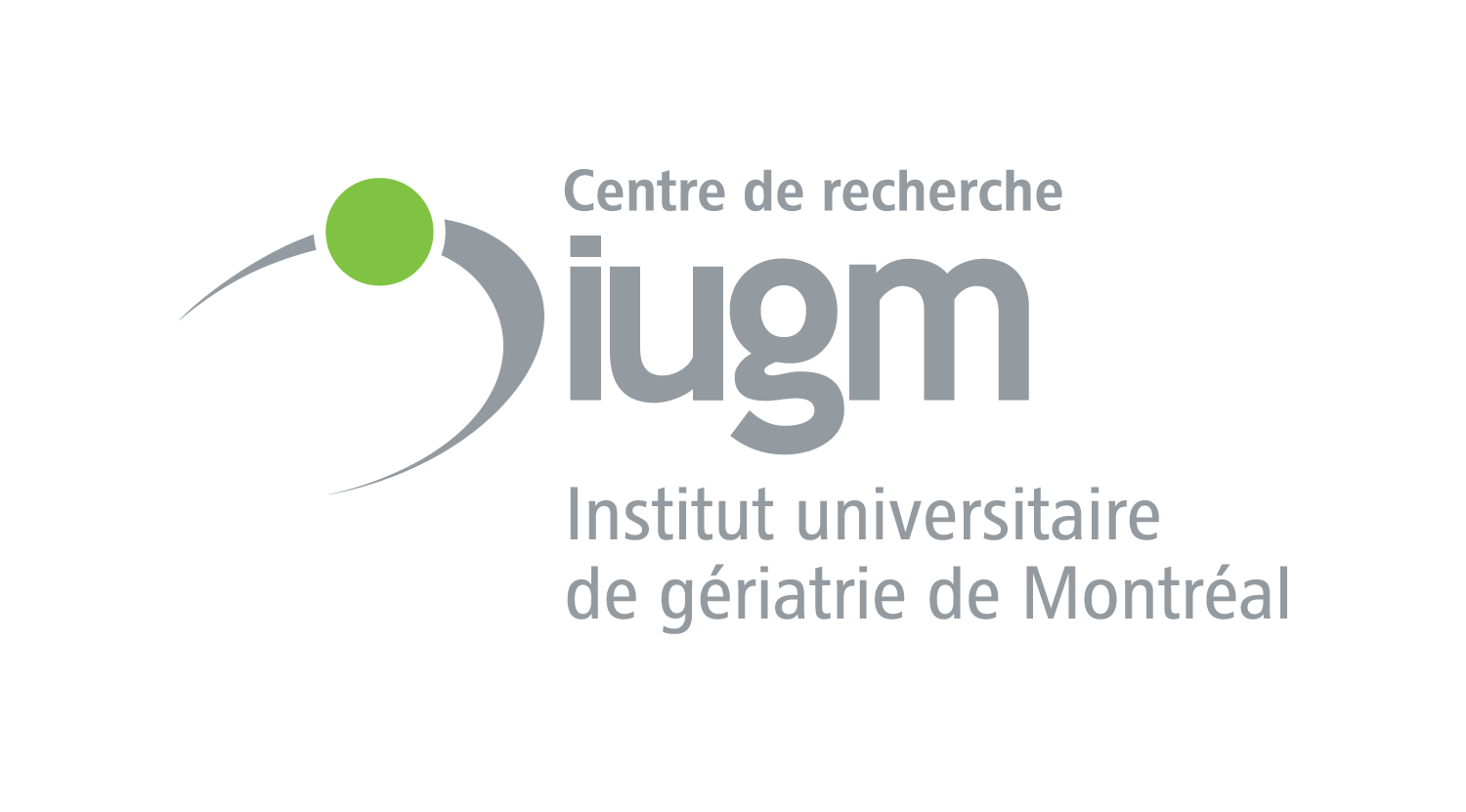The main mandate of the aging-neuroimaging research ethics committee of the CIUSSS du Centre-Sud-de-île-de-Montréal (CIUSSS-CSMTL) is to protect research subjects. In accordance with this mandate, he ensures that research projects respect the dignity, well-being and rights of subjects and that all ethical requirements are met, including the scientific validity and the ethical implications of certain financial aspects.
It ensures that all research is carried out in accordance with these principles.
The Committee, appointed by the Minister of Health and Social Services under article 21 of the Civil Code of Quebec, is empowered to approve research projects carried out with minors or incapacitated adults as well as research projects carried out with adults.
The Committee reports to the CIUSSS-CSMTL board of Directors. It has full autonomy with regard to the evaluation and monitoring of research projects submitted to it. Thus, it has the power to evaluate, approve, modify, stop or refuse any proposal or continuation of a research project. The Committee is also responsible for the continuous monitoring of ongoing research projects.
The Aging-Neuroimaging Research Ethics Committee of the CIUSSS du Centre-Sud-de-Île-de-Montréal supports research and supports researchers and their research teams. We invite you to contact us.
You can reach the Committee’s coordinator, Ms. Karima Bekhiti, at 514 527.9565, extension 3223 or by email: karima.bekhiti.iugm@ssss.gouv.qc.ca.
The coordination office of the Ethics Committee for aging-neuroimaging research at the CIUSSS du Centre-Sud-de-l’île-de-Montréal is located at the Department of University Education and Research (DEUR), at 66, rue Sainte-Catherine Est, suite 462 (4th floor), Montreal (Quebec) H2X 1K6.
Evaluation of research projects
The Research Ethics Board receives research projects in electronic format (all documents) under a single window. The Committee coordinator will forward the research projects to the various bodies, namely :
1. To the Scientific Evaluation Committee
2. To the Research Ethics Committee
3. Institutional Suitability Committee
Preparation of a project for evaluation
To submit a new research project, the principal investigator must respect the timetable developed by the Ethics Committee. The researcher must submit his research project by completing the forms developed for this purpose. The submission of the new draft must reach the Committee no later than the same day as the filing, together with an electronic copy of all documents included in the paper version. If the submission is sent by mail, it is the researcher’s responsibility to ensure that it is sent in advance, so that their submission arrives on time. Documents to submit :
- Research project evaluation request form in 2 formats: Word (unsigned) and PDF (signed);
- Research protocol, including a title, a version date and a pagination (Ex. X of Y). The annexes relating to recruitment tools and non-standardized questionnaires are submitted as separate documents. These tools and questionnaires must bear a version date and a pagination (Ex. X of Y).
– If a protocol includes neuroimaging, provide a 5-page protocol summary.
The directives cited above are applicable to it.
– If a protocol is part of a grant application, this protocol must be extracted from the application and submitted as an independent document, respecting the guidelines mentioned above. - Information and consent form: a template is provided to the researcher. The document version date needs to be updated. The document must be sent in Word format;
- Questionnaires, guides and any other document if not standardized (created for the needs of the project), they must be provided with a version date and a pagination (Ex. X of Y); submitted in Word format,
- Posters and leaflets intended for the recruitment of participants (if applicable), with a version date and a pagination (Ex. X of Y); submitted in Word format,
- Curriculum vitae and letter attesting to the research privileges of the principal investigator, if new researcher or affiliated with an establishment other than the IUGM;
- Budget breakdown;
- Proof of project funding (if applicable)
